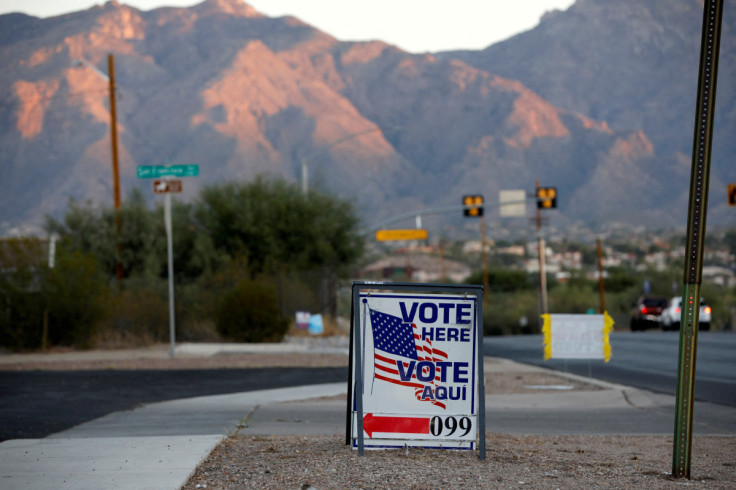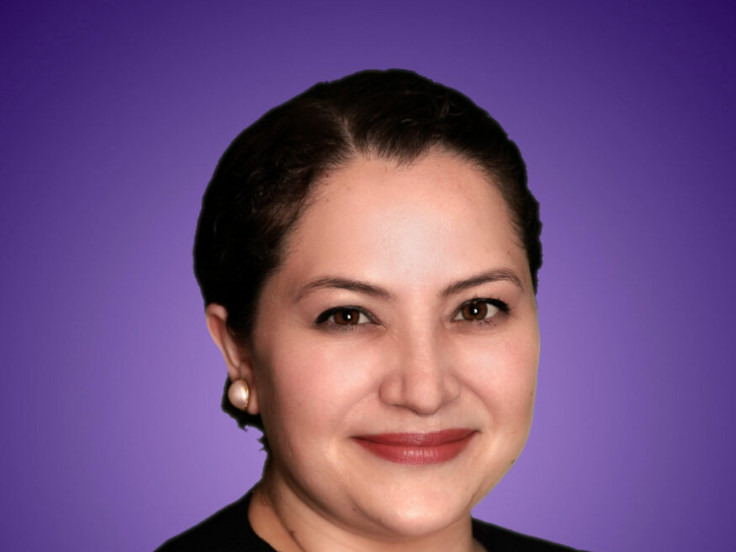
Latinos are on track to representing 20 percent of the U.S. population, but continue to be widely underrepresented in the political scene.
Although there has been tangible progress, especially in the House of Representatives -the share of Latinos in the Lower House is now 11 percent- the demographic still represents one percent of all elected officials.
Latino Victory seeks to change this by "building political power in the Latino community so that the voices and values of Latinos are reflected at every level of government and in the policies that drive our country forward."
A larger voter turnout and more elected officials are two strategic pillars for the organization, which intends to endorse at least 80 candidates in this election cycle.
The Latin Times spoke to Sindy Benavides, CEO of Latino Victory Fund, to understand more about the organization's work, the main issues they are focusing on during this election cycle and get her analysis on the profiles of Latino voters and current trends.
The following conversation has been edited for extension and clarity purposes

How do you decide which candidates to support?
We have a pretty open process. We have an inquiry form on our website that has to be filled out and once they do we sit down and talk with them, see if they have a structure plan and are able to run. We also provide feedback and if we see they need training we provide it as well so they can be more successful in their campaigns. We take into account factors such as communications and field work.
Do you aim to support a certain amount of candidates?
The amount has grown, that's a good sign for us. It's likely the case as well that more people know Latino Victory is around and they apply for endorsements. We're on track to endorse at least 80 candidates in this coming year, if not more.
We are proud to announce the launch of Afro Latina Lead, our new campaign initiative focused on strengthening the pipeline of Democratic AfroLatinas running for office up and down the ballot and ensuring we elect the first Afro Latina to Congress in 2024.https://t.co/nIs59JO9Bf
— Latino Victory (@latinovictoryus) November 16, 2023
Are you focusing on Gen Z candidates?
We'll be keeping an eye on it. Maxwell Alejandro Frost, from Florida, is the first Gen Z in Congress. We will be supporting additional candidates from this demographic. Interestingly, if these candidates win their elections, all Gen Zs in Congress would be Latino, which reflects the massive growth and the width, demographic-wise, of the Latino community.
How do you analyze the reports that many Latino voters are shifting their support to the Republican party?
It's not factual. The Latino community has never been a monolith. It's interesting to see how people try to shape the narrative not understanding that there's a history there. By far, the majority of Latinos are Democrats and they are not running to the Republican Party.
There are some who have changed their support. Why do you think that's the case?
We're still doing our research and looking at what might be driving this in specific districts, looking at census blocks to see what changes have taken place. There is something unique in particular areas and one thing that comes to mind is the Libre Initiative, which was created in 2011. It is funded by the Koch so it's very much conservative. It had an impact in Florida, specifically, and I think it has now expanded to Texas.
How do they do it?
They are using the same model as in Florida. They help Latinos with social services, teaching them English and ensuring they become citizens and, at the same time, they teach them conservative policies.
When seeking the Latino vote, would you say it's more effective to try and bring these voters back or seek to increase turnout with people who might not be prone to voting?
It depends, it's almost a state-by-state basis because every single constituency is different. It is important, however, that there is a continued investment in the Latino community. We are persuasion voters. We're not just going to turn out because we saw an ad on TV. We're going to need face to face time, for them to knock on our doors, a phone call. It might even be off putting when candidates show up at the last minute and expect us to support them.
Are you seeing this investment happening at the moment?
We're seeing the investment by President Biden's campaign in terms of the ads they're putting out and are targeting the Latino vote and the values we want to see promoted.
Can you elaborate on these values?
It's mainly making sure we have access to opportunities, that the Latino community is able to have access to education, a public school system that is really able to provide an education for our children regardless of the zip code they live in. When I think of other issues I think of inflation and the policies around inflation, especially for families living paycheck to paycheck.
Another issue is our economy: landing jobs and having access to opportunities. Latinos are a driving force in the creation of small businesses. Healthcare also remains an important issue as well. Social security is also key for us, especially as our community ages and that specific segment grows. Also gun violence and, of course, we can't dismiss the issue of immigration even if it might not be a top five issue at the moment.
Immigration continues to dominate the national conversation, how does this influence the conversation and how do you evaluate Republicans' requirement of hard measures in exchange for their support to an aid package?
It is very short-sighted from Republicans to tie border funding to foreign policy. It's almost like putting a band-aid on the toe when you require surgery. We need to be very thoughtful when looking at the labor shortages of our country and looking at how this impacts different states economically. They are tying this issue with one that shouldn't be hard for them to support, especially considering their rhetoric about the U.S.'s footprint abroad.
© 2025 Latin Times. All rights reserved. Do not reproduce without permission.





